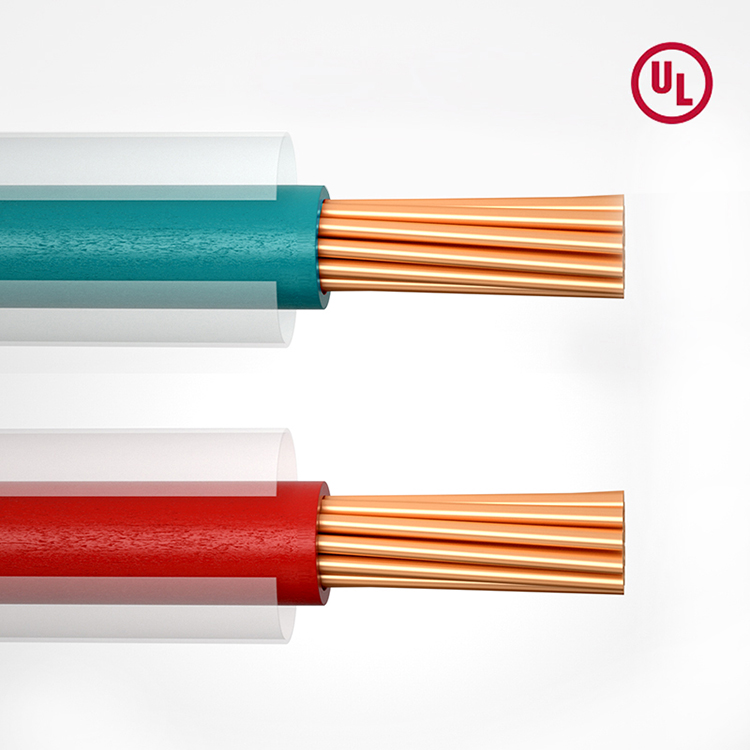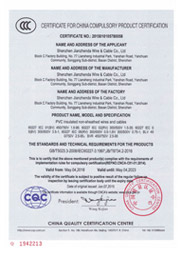 Author: Joey Wan
Author: Joey Wan  September 21,2023
September 21,2023
Application
One of the most significant differences between aluminum and copper THHN wire is their application. Aluminum THHN wire is ideal for use in large commercial or industrial projects, whereas copper THHN wire is ideal for residential and small commercial projects. Additionally, aluminum THHN wire is popularly used in outdoor settings where there is a higher potential for corrosion. Aluminum wire has anti-corrosion and anti-oxidation properties that make it suitable for marine environments.
Price
Another difference between the two wires is their price, which is a vital factor to consider when choosing the right wire for your project. Copper THHN wire is more expensive than aluminum THHN wire. Although copper is more expensive to manufacture, it also has higher conductivity than aluminum. Copper offers better electrical conductivity, meaning that electricity can flow through copper wires with little resistance. That said, the cost of copper is often justifiable for residential and small commercial projects that require a higher conductivity.

Conductor
Another difference between aluminum THHN wire and copper THHN wire is their conductor. Copper is a better conductor of electricity than aluminum, meaning that it can transmit electricity with less resistance. As a result, this makes copper THHN wire ideal for residential and small commercial wiring because it offers a higher quality of electricity transmission. Whereas, the use of aluminum THHN wire is popular with industrial and commercial projects for their electrical conductivity and excellent anti-corrosion properties.
Thickness of Conductor
The thickness of the conductor is another important factor to consider when selecting between aluminum THHN wire and copper THHN wire. Copper wires are available in different thicknesses that range from 2AWG to 4/0 AWG. Aluminum wire is usually thicker than copper and ranges in thickness from 14 AWG to 1000 MCM. The thickness of the conductor is important since thicker wires have lower resistance, which will cause less voltage drop across long wire distances.
Fire-resistant Properties
THHN stranded copper wire and fire-resistant cable THHN are known for their fire-resistant properties. They are designed to withstand and restrict the spread of fire, which makes them suitable for use in buildings and other structures where fire safety is essential. The copper cable THHN 12 AWG and THHN 2 AWG copper cable are used as fire-resistant cables in fire alarms, sprinkler systems, and HVAC systems.
